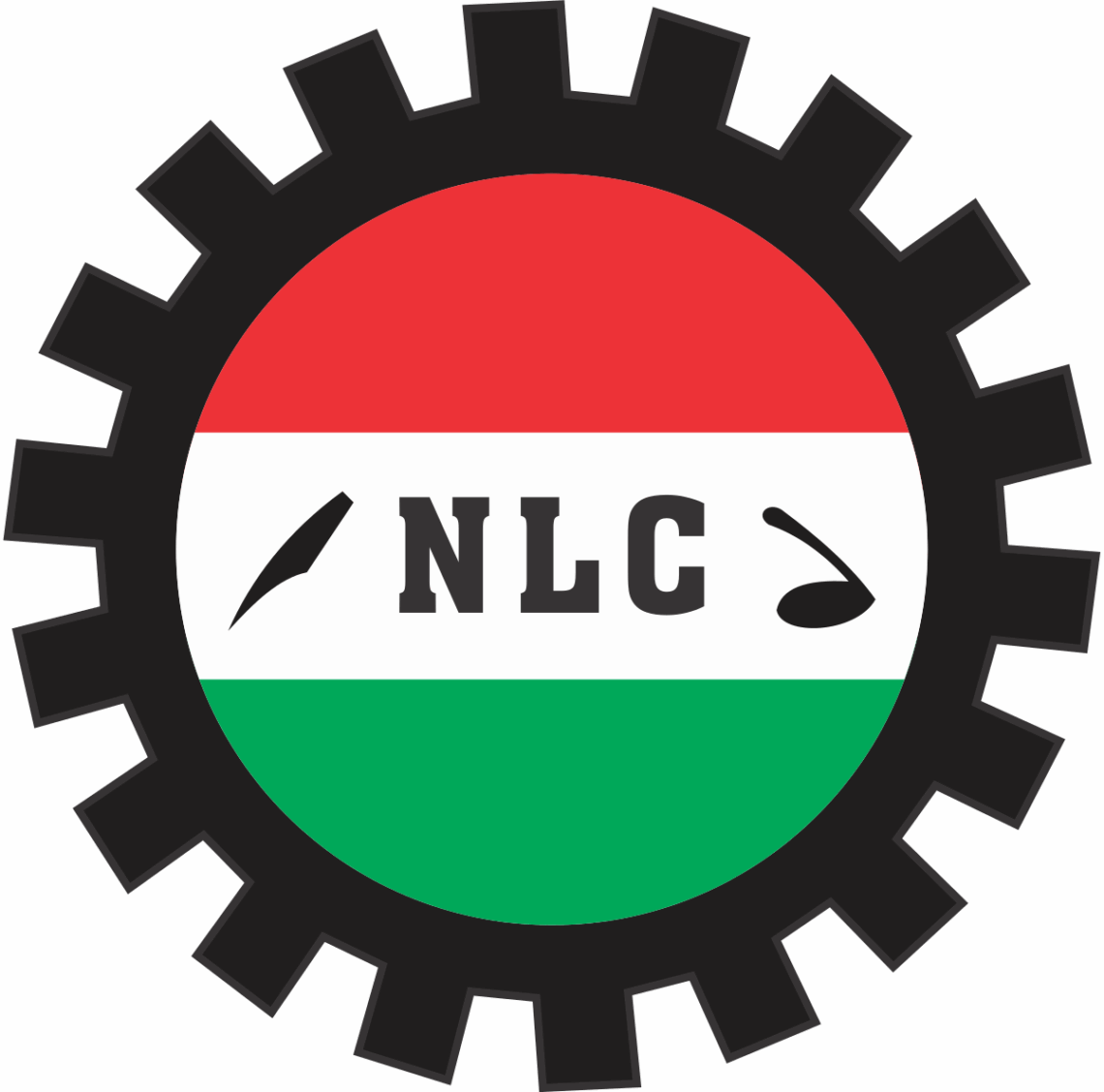The Lagos State chapter of the Nigeria Labour Congress (NLC) has called on the federal government to prioritise selling crude oil to the Dangote Petroleum Refinery in Naira as part of efforts to lower fuel prices and strengthen the local refining sector.
Chairperson of the Lagos NLC, Funmi Sesi, made the appeal during a tour of the Dangote Petroleum Refinery and Fertiliser Ltd by members of the Labour Writers Association of Nigeria (LAWAN) and NLC officials.
Sesi argued that compelling the refinery to import crude or purchase locally in dollars undermined its ability to deliver on the promise of reduced fuel prices for Nigerians.
“This country has crude oil in abundance. Why is Dangote still importing crude or paying in hard currency for locally produced crude?” she queried.
“If the government truly wants to lower fuel prices and support local refining, it must sell crude oil to Dangote in Naira.”
According to her, enabling local crude sourcing in local currency would slash operational costs and ensure a sustainable reduction in pump prices nationwide.
The labour leader praised Dangote Group for establishing a transformative national asset capable of bridging Nigeria’s fuel supply gap, creating jobs, and boosting industrial capacity. She said the magnitude of investments within the refinery and fertiliser complex demonstrated clear contributions to national industrialisation.
“Today, we have seen the refinery, the fertiliser plant, and other investments in this axis. The size and impact are enormous and impressive,” she said.
Following the removal of petrol subsidies, Nigerians have faced sharp increases in the cost of Premium Motor Spirit (PMS). Sesi said the entry of Dangote’s refinery into the market had helped to stabilise prices, with operations already lowering the cost of PMS and other refined products.
She further noted that the refinery’s 650,000-barrel daily capacity positioned it to meet both domestic and West African petroleum needs, while the fertiliser arm was already exporting to international markets. She also commended the production of Euro-5-compliant fuel with reduced sulphur content, which meets global environmental standards and enhances Nigeria’s credibility in the international market.
“This is the pride we want — a Nigerian company producing at global standards, changing the narrative, and boosting our global standing,” she said.
Sesi equally lauded the Dangote Fertiliser Company for contributing to agricultural productivity and called for government support to reduce dependence on imported agricultural inputs.
In his remarks, vice president, Oil and Gas at Dangote Industries, Devakumar Edwin, said the refinery was strategically reducing Nigeria’s dependence on imported refined products and laying the foundation for a competitive, sustainable refining industry.
He revealed that the company plans to deploy 4,000 Compressed Natural Gas (CNG)-powered trucks to distribute refined products nationwide, a move aimed at lowering logistics costs — a major driver of pump prices.
“The deployment of 4,000 CNG-powered trucks will help pass down domestic refining benefits and lower product prices to consumers,” Edwin said.
He stressed that the aim was to improve distribution efficiency rather than displace existing operators, adding that CNG trucks are both environmentally friendlier and cheaper to operate.
Edwin maintained that the combined efforts of local refining, environmentally compliant fuel production, and efficient distribution systems would deliver lasting economic and environmental benefits for Nigeria





